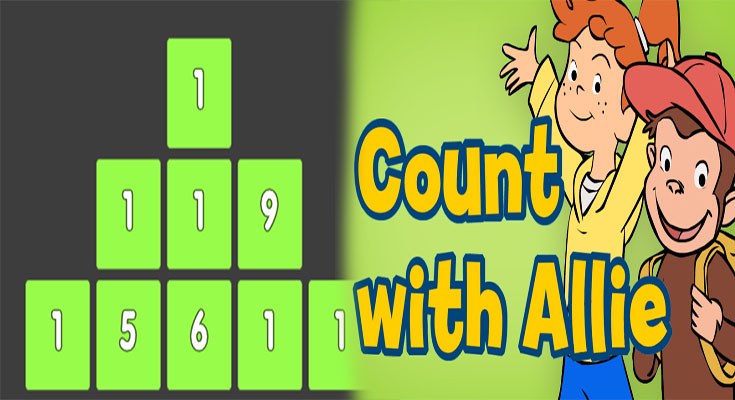Power Up Your Practice: The Benefits of Multiplayer Online Math Games for High School Calculus Students
Calculus is often perceived as a challenging, abstract subject, which can lead to disengagement and even math anxiety among high school students. However, the integration of multiplayer online math games is transforming the learning landscape, providing an interactive, motivating, and highly effective way for students to master complex calculus concepts like limits, derivatives, and integrals.
Why Gamification Works for Calculus
Gamification—the application of game design elements to non-game contexts—introduces a powerful set of benefits, many of which are amplified by the multiplayer environment:
1. Boosted Engagement and Motivation
Traditional practice problems can be tedious. Multiplayer games inject healthy competition and teamwork into the learning process, which dramatically increases student engagement and motivation. Students are more likely to spend extended periods practicing when the task feels like a fun challenge rather than a chore. The sense of achievement from winning or moving up a leaderboard provides a strong incentive to persist with difficult calculus problems.
2. Immediate, Actionable Feedback
One of the most critical aspects of digital learning is instant feedback. Multiplayer online games immediately notify students whether their solution to a derivative or integral problem is correct. This instantaneous response allows students to quickly identify and correct misconceptions, leading … READ MORE ...














